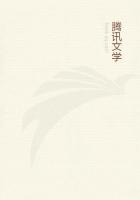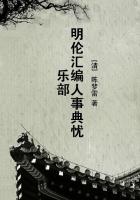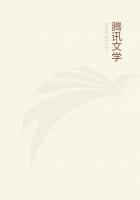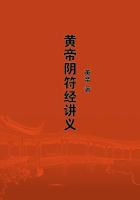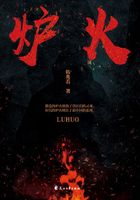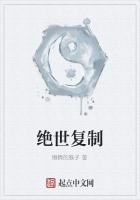Every action consists of three parts, some one of which must constitute the basis of whatever praise or blame we attribute to it. These three parts are: the intention or affection of the heart, from which the action proceeds;the external movement of the body which this affection causes; and the good or bad consequences which actually flow from it. It is evident that the movement of the body, being often the same in the most innocent as in the most blameable actions as in the case of shooting at a bird and shooting at a mancannot be the source of praise or blame. Neither can the accidental consequences of an action, which depend on fortune, not on the agent. The only consequences for which the latter is responsible are those in some way connected with his intention; so that it is to the intention or affection of the heart, to the propriety or impropriety, to the beneficence or hurt- fulness of the design, that all praise or blame, all approbation or disapprobation of any kind, must ultimately belong.
The problem then to be explained is the fact that our sense of a man's merit or demerit is at all influenced by re- suits which lie beyond his control, and that we moderate our praise or blame of his conduct according as his good or bad intention fails or not of its intended benefit or injury.
The explanation is as follows.
The passions of gratitude and resentment, on which depend our feeling of the merit or demerit of actions, are ultimately based on the bodily sensation of pleasure and pain. They are excited primarily by whatever produces pleasure or pain, even by inanimate objects. "We are angry for a moment even with the stone that hurts us. A child beats it, a dog barks at it, a choleric man is apt to curse it." We should feel guilty of a sort of inhumanity, if we neglected to avenge our friend by the destruction of the instrument that had accidently caused his death. So it is with gratitude.
A sailor who mended his fire with the plank that had saved him from shipwreck would seem guilty of an unnatural act, for we should expect him to preserve it with care and affection. So we conceive something like a real love and affection for a snuff-box, or pen-knife, or a stick, to which we have long been accustomed. "The house which we have long lived in, the tree whose verdure and shade we have long enjoyed, are both looked upon with a sort of respect which seems due to such benefactors. The decay of the one, or the ruin of the other, affects us with a kind of melancholy, though we should sustain no loss by it."Nevertheless to be the proper object of gratitude and resentment, a thing must not only be the cause of pleasure and pain, but itself capable of feeling them in return. Animals therefore are less improper objects of gratitude and resentment than inanimate things. "The dog that bites, the ox that gores, are both of them punished. If they have been the causes of the death of any person, neither the public, nor the relations of the slain, can be satisfied, unless they are put to death in their turn." And on the other hand, animals that have done a great service, are regarded with much gratitude; and we are shocked with the ingratitude of the officer, in the Turkish Spy , who stabbed the horse which had carried him across an arm of the sea, lest it should ever distinguish some other person by a similar feat.
But something more is still necessary to the complete gratification of gratitude and resentment than the mere capability for feeling pleasure or pain in return for pain or pleasure caused. The latter must have been caused by design, and there must be a consciousness of design in the return.
The object of resentment is chiefly not so much to make our enemy feel pain in his turn, as to make him conscious that he feels it upon account of his past conduct, and to make him repent of that conduct. And the chief object of gratitude is not only to make our benefactor feel pleasure in his turn, but to make him conscious that he meets with that reward on account of his past conduct, and to make him pleased with that conduct.
Hence three different qualifications are necessary to render anything the complete and proper object of gratitude or resentment. It must first of all be the cause of pleasure or pain; it must secondly be capable of feeling pleasure or pain; and it must thirdly produce pleasure or pain from a design, approved of in the one case or disapproved of in the other.
Since then the productiveness of pleasure or pain is the primary exciting cause of gratitude or resentment, though the intentions of any person should be ever so proper and beneficent, or ever so improper and malevolent, yet, if he has failed in producing the good or evil he intended, less gratitude or resentment seems due to him, or in other words, less merit or demerit seems to attach to him, because the pleasure or pain, the exciting causes of gratitude or resentment, are in either case wanting. And so, where in a man's intentions there has been no laudable benevolence or blameable malice, but his actions have nevertheless done great good or great evil, then some gratitude or resentment will attach to him, because their exciting causes have been present in either case. But since the consequences of a man's actions rest altogether with fortune, our sentiments of merit or demerit depend to a great extent upon her influence on events, upon her control of the good or bad, the pleasurable or painful results, which flow from our actions.
Thus the irregularity of our moral sentiments concerning the merit or demerit of actions depends ultimately on the accidental amount of pleasure or pain they produce, since these are the primary exciting causes of our gratitude or resentment. Having explained the cause of the phenomenon, it remains to illustrate the effects.


